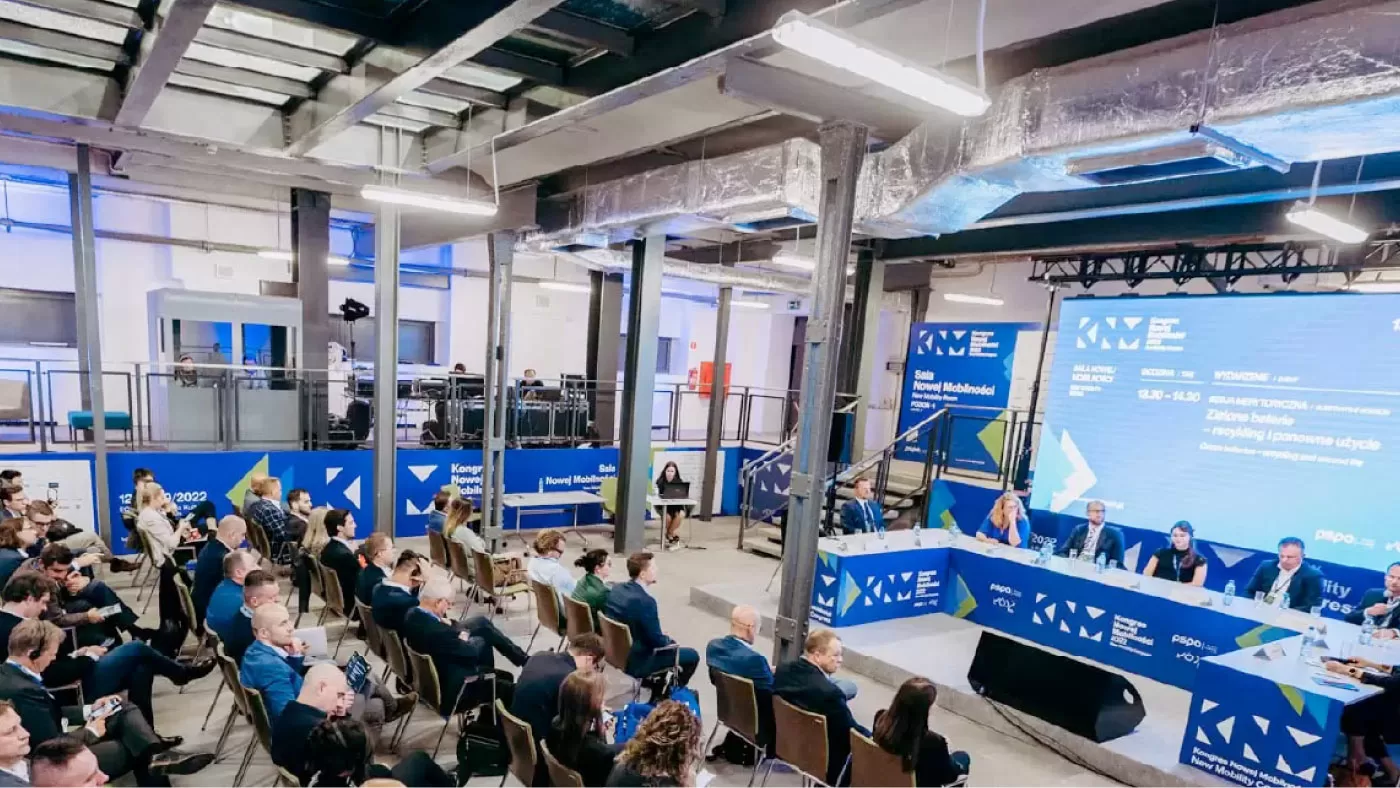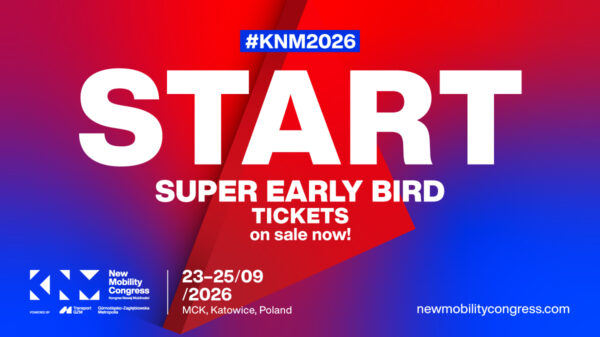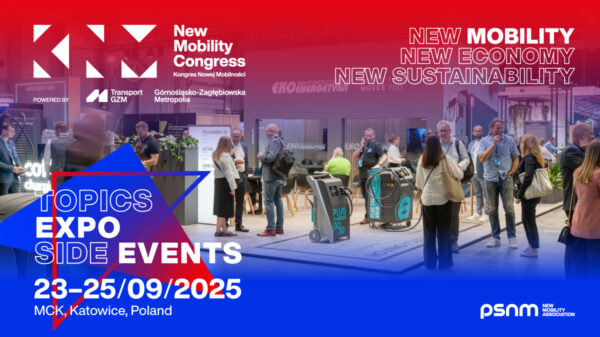Poland’s position in the global and European supply chain of EV batteries is growing
- How should innovators and leaders in the supply chain of lithium-ion batteries for electric vehicles shape the development of the battery sector to meet the growing demands of the market for next-generation zero-emission vehicles?
- What actions should be taken to ensure that Poland maintains a leading position in the global supply chain of batteries for EV manufacturers?
Selected issues
- Economic prospects of the battery sector
- Battery recycling and second life
- Critical Raw Materials Act
- Time to implement the European Battery Regulation
- Energy storage facilities vs. prosumer market development
- Battery passport – a chance to reduce raw material dependence
- Solid electrolyte: the fuel of the future?
- Green energy for new factories
- Poland and CEE: fertile ground for developing skilled workforce of the battery industry
- Safety standards, new technologies and management systems
DESCRIPTION
Bloomberg NEF predicts a substantial increase in global lithium-ion battery production, projected to surge up to eightfold by 2027, ultimately reaching 8,945 GWh. This trend is attributed to increasing electrification of fleets around the world. The growth of rare earths and the entire lithium-ion battery chain is therefore a global issue, but within the European Union, also an extremely important topic for Central and Eastern Europe (CEE).
Based on BNEF data, several countries in Central and Eastern Europe (CEE) – namely Poland, Hungary, the Czech Republic, and Slovakia – are ranked within the top 30 global suppliers in the EV battery chain. Poland, in particular, holds the top spot as the largest producer in Europe and the third largest worldwide. While the European continent accounts for 14% of the total global production potential, the CEE markets alone have already generated a combined 164 GWh of lithium-ion battery capacity. BNEF predicts that Poland and Hungary will continue to maintain their ranking positions and account for 111 GWh of this capacity until 2027. Of utmost significance is the fact that the Visegrad countries are also among the top 30 in the world across five key battery chain parameters, including the availability and stock of critical raw materials, battery cell and component production, local demand for EVs and energy storage, infrastructure, innovation, and ESG aspects.
Nevertheless, Europe, particularly the CEE region, needs to take proactive steps to maintain its competitive edge against global leaders. China, in particular, remains the unparalleled leader in the lithium-ion battery market, accounting for 77% of the global market (equivalent to 900 GWh), and this share is likely to grow in the coming years. As China dominates the market, other important economic centres in different regions are taking measures to realize their own market potential, as evidenced by strategic initiatives such as the US Inflation Reduction Act, Japan’s Green Transformation Plans, and India’s Production Linked Incentive Scheme.
The European Union must do more than rely on the Net-Zero Green Industry Act or the Green Deal Industrial Plan. More specifically, CEE countries must take proactive steps to position themselves as a crucial hub for innovative battery ecosystems in the years to come. Achieving this objective requires a comprehensive support strategy from central administration bodies, a strong foundation of competencies and human resources, renewable energy sources, and a deep understanding of the global challenges at hand. The discourse on these subjects is already underway, and it will reach its pinnacle during the upcoming New Mobility Congress 2023 in Łódź, especially with the local and European elections on the horizon. The KNM will bring together leaders from the Polish and CEE markets to identify strategic recommendations for a unified European Union response to the global competitiveness challenge.
As a co-organizer of the Congress and the second-largest organization in the New Mobility sector in Europe, PSPA operates the EIT InnoEnergy EBA Academy, which was launched in Poland, and through its Lithium-Ion Battery Committee PSPA is fostering industry discussion on various developments in Poland and the region, the implementation of the European Battery Regulation, and other pressing industry challenges.
PRESS OFFICE
New Mobility Congress 2023
Maciej Gis
Press Officer
maciej.gis@pspa.com.pl
biuro@kongresnowejmobilnoci.pl
+48 606-740-357



